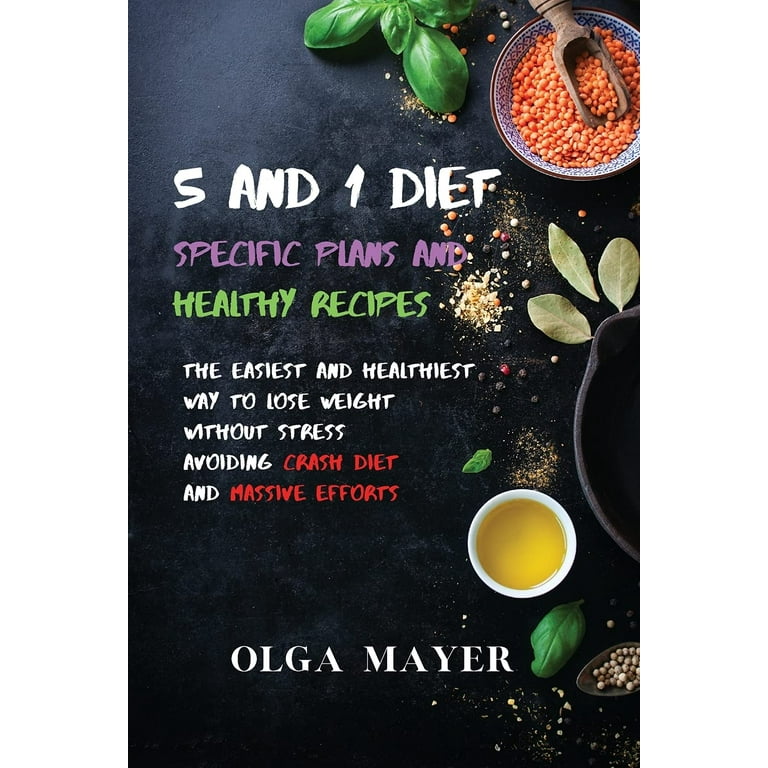
When it comes to weight loss, many people turn to crash diets in the hopes of shedding pounds quickly. However, crash diets are not only ineffective in the long term, but they can also be harmful to your health. In this article, we will discuss the dangers of crash diets and provide tips on how to lose weight safely and sustainably.
The Dangers of Crash Diets
Crash diets are characterized by drastically reducing your caloric intake or cutting out entire food groups. While these diets may result in rapid weight loss initially, they often lead to a host of negative consequences. Some of the dangers of crash diets include:
- Muscle Loss: When you drastically reduce your caloric intake, your body may start to break down muscle for energy, leading to muscle loss.
- Metabolic Slowdown: Crash diets can slow down your metabolism, making it harder to lose weight in the long run.
- Nutrient Deficiencies: By cutting out entire food groups, crash diets can lead to nutrient deficiencies, which can have serious health consequences.
- Loss of Water Weight: Much of the initial weight loss on a crash diet is due to water weight, which can be quickly regained once you resume normal eating habits.
- Yo-Yo Dieting: Crash diets often result in a cycle of rapid weight loss followed by rapid weight gain, leading to a pattern of yo-yo dieting that can be detrimental to your health.
How to Lose Weight Safely
If you want to lose weight in a safe and sustainable way, it’s important to focus on making healthy lifestyle changes rather than resorting to crash diets. Here are some tips on how to lose weight safely:
1. Set Realistic Goals
Instead of aiming for rapid weight loss, set realistic and achievable goals for yourself. Aim to lose 1-2 pounds per week, which is considered a safe and sustainable rate of weight loss.
2. Eat a Balanced Diet
Focus on eating a balanced diet that includes a variety of fruits, vegetables, whole grains, lean proteins, and healthy fats. Avoid cutting out entire food groups and strive to eat a variety of nutrient-dense foods.
3. Stay Hydrated
Drink plenty of water throughout the day to stay hydrated and support your weight loss efforts. Water can help you feel full and prevent overeating.
4. Exercise Regularly
Incorporate regular exercise into your routine to help burn calories and build lean muscle mass. Aim for a combination of cardiovascular exercise, strength training, and flexibility exercises.
5. Get Adequate Sleep
Make sure to get enough sleep each night, as lack of sleep can disrupt your metabolism and lead to weight gain. Aim for 7-9 hours of quality sleep per night.
6. Manage Stress
Chronic stress can lead to emotional eating and weight gain. Practice stress-reducing techniques such as mindfulness, meditation, yoga, or deep breathing exercises.
7. Seek Support
Don’t be afraid to seek support from friends, family, or a healthcare professional as you work towards your weight loss goals. Having a support system can help keep you motivated and accountable.
Conclusion
Crash diets may promise quick results, but they are not a sustainable or healthy way to lose weight. Instead, focus on making small, manageable changes to your diet and lifestyle that you can maintain in the long term. By setting realistic goals, eating a balanced diet, exercising regularly, getting enough sleep, managing stress, and seeking support, you can lose weight safely and improve your overall health and well-being.
